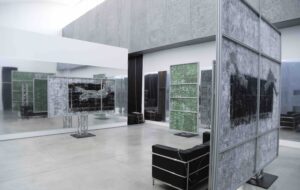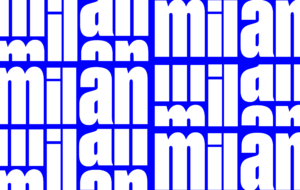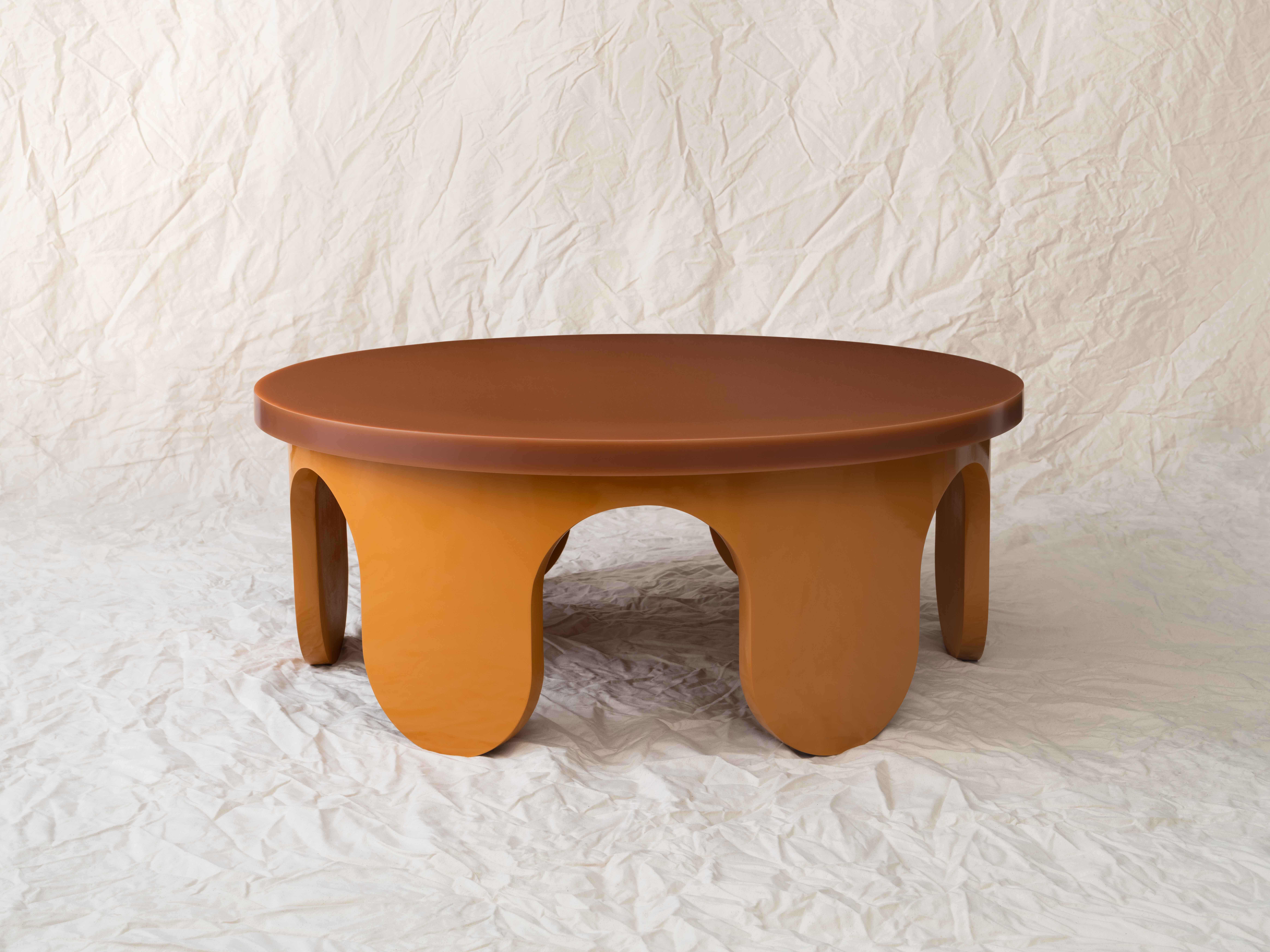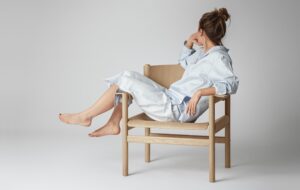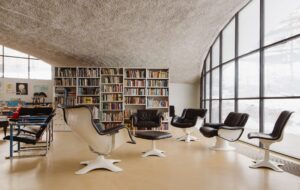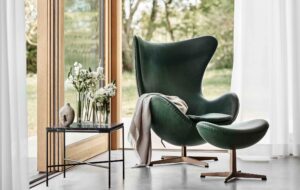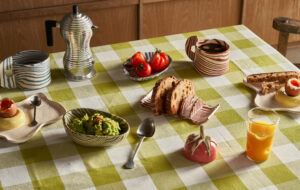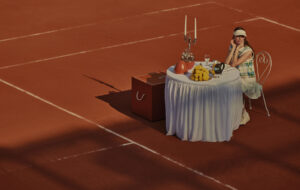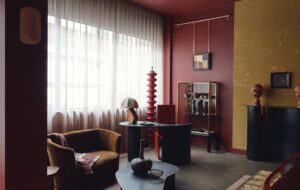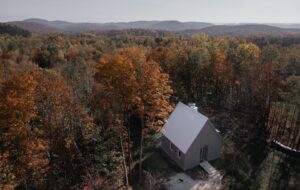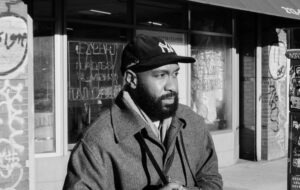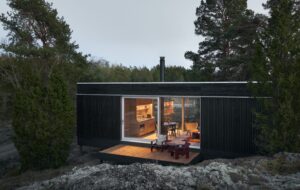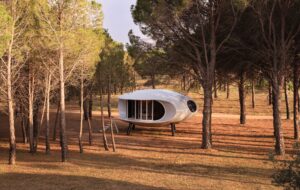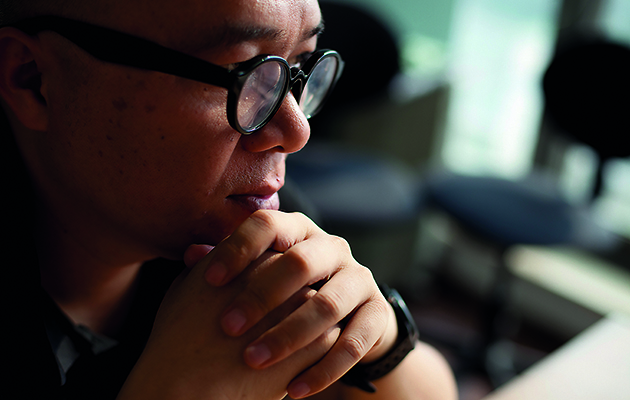
Ou Ning is more than an artist, he’s a unique voice in modern China. He chatted to Icon’s Crystal Bennes about his work and life in China’s megacities
A native of the Pearl River Delta, Ou Ning is a Chinese artist, activist, researcher and writer, rising to prominence researching Beijing’s Da Zha Lan and curating the Shenzhen & Hong Kong Bi-City Biennale in 2009. We discussed his work on restoring ruralism to China, his love of book shops and why the chinese middle class are fleeing from the urbanism of the city.
Since 2011, Ou has been a leading member of the new rural reconstruction movement (RRM) in China, with the Bishan Commune and School of Tillers. More recently, as founding curator of the Kwan-Yen Project, he has been rethinking place-making in China’s third-tier cities.
ICON Much of your work centres around the countryside and rural-urban relationships. How do you situate your work in this complex space?
Ou Ning In China, the desire to go back to the countryside has nothing to do with an economic crisis in urban environments. It’s because life in Chinese cities has become very unhealthy. Air quality is poor and education resources are limited, so the middle classes look to the countryside in search of a healthier lifestyle.
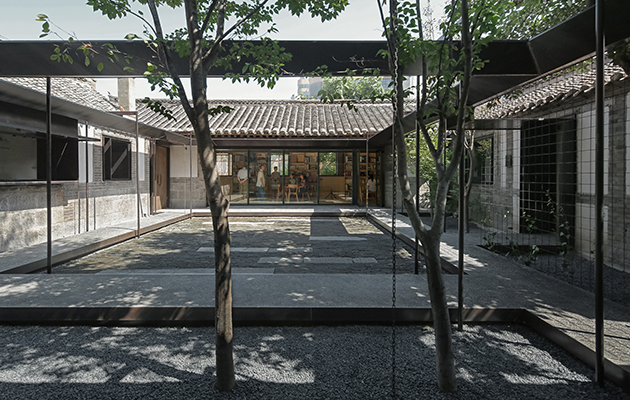
ICON One of the key components of the Bishan Commune was opening a branch of Nanjing’s Avant-Garde bookstore. You’ve said previously, ‘Bookshops are more influential than museums in China’. Why bookshops?
ON Bookshops are far more popular than museums in China’s cities. Bookshops have government support, occasionally even funding, and Chinese people are more interested in books than art. Art is useless to them. That’s why when I started the Bishan project, I wanted to open a bookstore in the countryside.
ICON You previously mentioned utopia, which has been such a prominent theme in your work. Why utopia?
ON Utopian ideas have been so important for humanity, but today people are less interested. Talking openly about utopia signifies naivety, but utopian imaginings can broaden the possibilities of human society. I don’t like those utopias, but I do like small, practical communes. The political situation in China has made these kinds of projects impossible, but I still hope to realise a project like this someday.
Subscribe to Icon for the full interview with Ou Ning.

